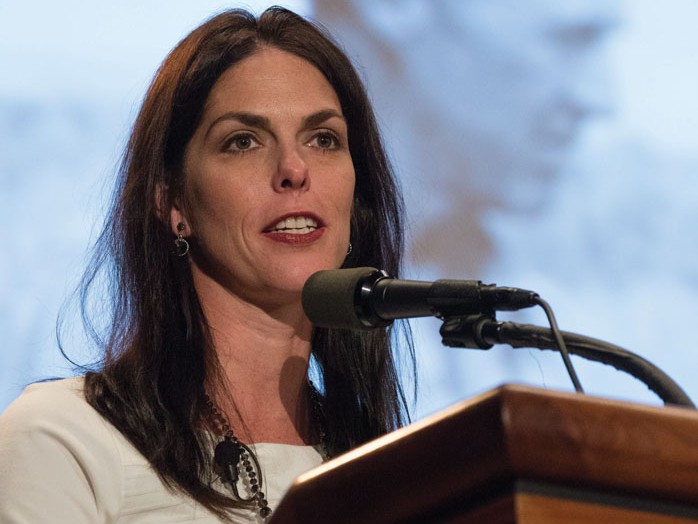Here are some of Julie Borlaug’s tips for reaching out to consumers.
Watch your language
Some words commonly used on farms have hugely negative connotations for urbanites, she said.
“The moment we talk about how GMOs will lessen the amount of inputs such as pesticides or herbicides, you have shut the conversation down. I know that is inane, but for most people, the word pesticide or herbicide means cancer or something that’s going to kill you. Can’t we use the words weed killer or insect repellent?”
Read Also

Corn market looks bullish; barley has potential
Canadian commodity market analyst makes his predictions on what barley and corn commodities will look in 2026.
Be patient
Many companies boast their products don’t contain GM wheat, but the marketing deception doesn’t end there. Borlaug said she’s also come across non-GM beef and even GMO-free salt.
The best response is to patiently explain genetically modified wheat is not grown anywhere, there is no such thing as a genetically modified cow, and that salt is a mineral.
Invest the time
In the last couple of years, farmers have gotten better at using social media, such as Twitter, Facebook, and Instagram, to reach out to consumers.
But it’s not enough. Critics of modern agriculture were early adopters of social media and “we’ve got 10 years to make up,” said Borlaug.
And every farmer needs to be present in the online world, she added.
“I’ve heard farmers say, ‘If I’m on Twitter, then I’m not making a living.’ My response is, ‘You can do it at night, you can even do all your messages on Sunday and then slowly put them out over the week.’ But you have to make time for it because it’s your customer base… And if you can’t make time for it, then get a son or daughter or someone else to do it for you.”
Hone your message
Think about your core messages and work on them, just as a salesman would for an elevator pitch.
“If I’m on an elevator with a mom for 90 seconds and I can’t convey a message that’s comprehensible for her, then I’ve done nothing.”
Be hopeful
Don’t worry that your voice will be drowned out in a sea of misinformation, said Borlaug.
Being open, honest, and willing to engage is a powerful way to challenge the picture painted by the critics of modern agriculture — namely that corporate farms are either dupes of big chemical and seed companies or willing to sacrifice healthy, wholesome food for a quick buck.
“We need to take every opportunity to spread our message,” she said. “I think we will slowly win the day.”
















